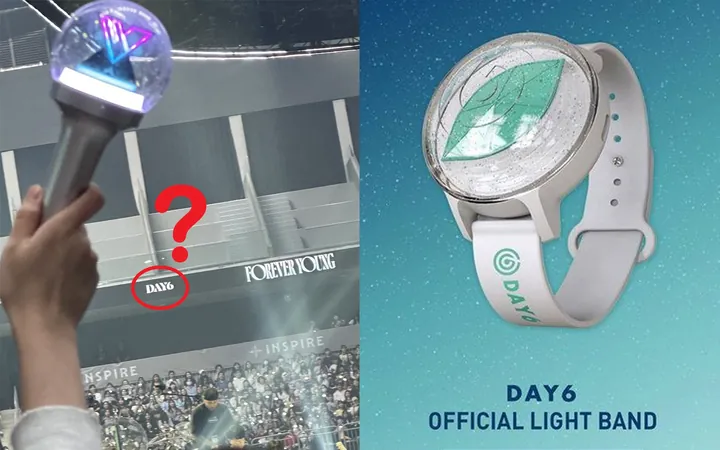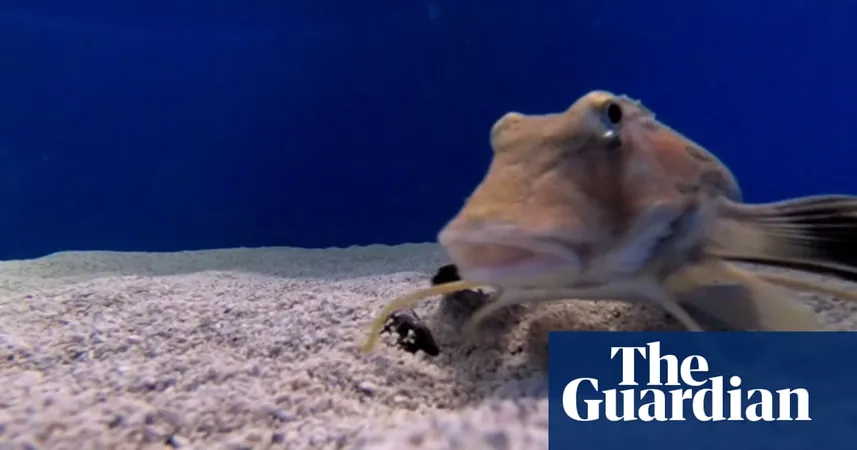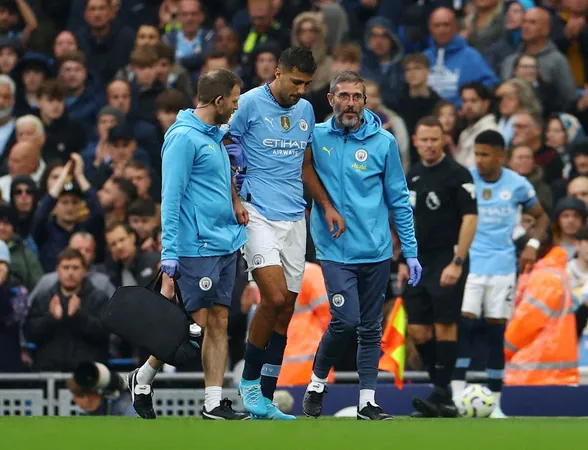
K-pop Etiquette Under Fire: Should You Bring Another Group's Lightstick to Concerts?
2024-09-24
Lightsticks have undeniably become a central symbol of K-pop fandom, allowing fans to demonstrate their allegiance and enthusiasm for their favorite groups during live performances. However, a recent incident has ignited a heated debate about the etiquette surrounding their usage at concerts.
The controversy began when an image circulated online showing a fan at a DAY6 concert, brandishing a lightstick belonging to the group Xdinary Heroes. This sparked outrage among DAY6 fans, who questioned the appropriateness of such behavior. One outspoken fan remarked, "I couldn’t even tell which group they were supporting! This is a DAY6 concert, and yet they chose to wave a lightstick from another group during a group photo session with DAY6 and their fan club, My Day. Luckily, they weren't visible in the final picture, but it was already distracting to hear them shouting names from the other group."
The comment section of the post became a battleground as K-pop aficionados weighed in. Many expressed their disbelief at an individual attending a concert with the lightstick of a different artist. One fan quipped, "If you want to wave something, just bring a glow stick! Why use a lightstick from another group?"
Critics were quick to label those who bring lightsticks for different artists as being inconsiderate, suggesting that it's not only awkward but outright disrespectful. A user summed it up succinctly: “It’s really just bad manners to show up supporting a different artist.”
Interestingly, some opinions diverged, highlighting the diversity of thought within the fandom. Some fans felt that while bringing a different lightstick might be a bit peculiar, they weren't particularly bothered by it, stating, "Everyone paid for their tickets, after all." Another echoed this sentiment, suggesting that waving a lightstick might simply be an attempt to get involved with the atmosphere, even if it doesn't align with the event's focus.
Nevertheless, the overwhelming feedback showed a strong consensus against displaying support for another group at a separate concert. Comments like, "This isn’t even a festival; it’s a solo concert!" showcased a frustration that resonated with many concertgoers.
Ultimately, this incident sheds light on the complex dynamics of K-pop fandom culture. It's clear that while the desire to enjoy the music and atmosphere brings fans together, the protocols and unspoken rules that govern these events can lead to passionate debates. As K-pop continues to grow in popularity around the world, it remains to be seen whether these etiquette discussions will lead to a more defined code of conduct among fans. Will future concerts see stricter adherence to group loyalty, or will the freedom to express one's fandom evolve? Only time will tell!





 Brasil (PT)
Brasil (PT)
 Canada (EN)
Canada (EN)
 Chile (ES)
Chile (ES)
 España (ES)
España (ES)
 France (FR)
France (FR)
 Hong Kong (EN)
Hong Kong (EN)
 Italia (IT)
Italia (IT)
 日本 (JA)
日本 (JA)
 Magyarország (HU)
Magyarország (HU)
 Norge (NO)
Norge (NO)
 Polska (PL)
Polska (PL)
 Schweiz (DE)
Schweiz (DE)
 Singapore (EN)
Singapore (EN)
 Sverige (SV)
Sverige (SV)
 Suomi (FI)
Suomi (FI)
 Türkiye (TR)
Türkiye (TR)